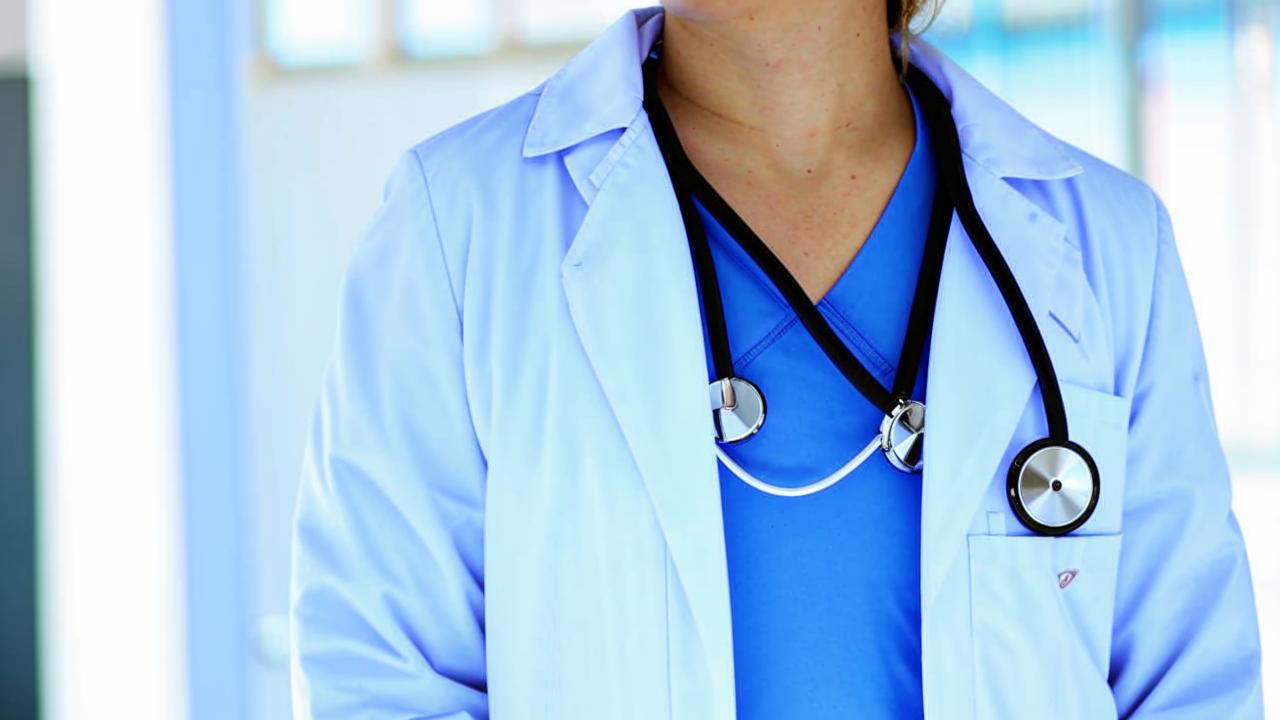An endocrinologist told how much you should drink to slow down aging
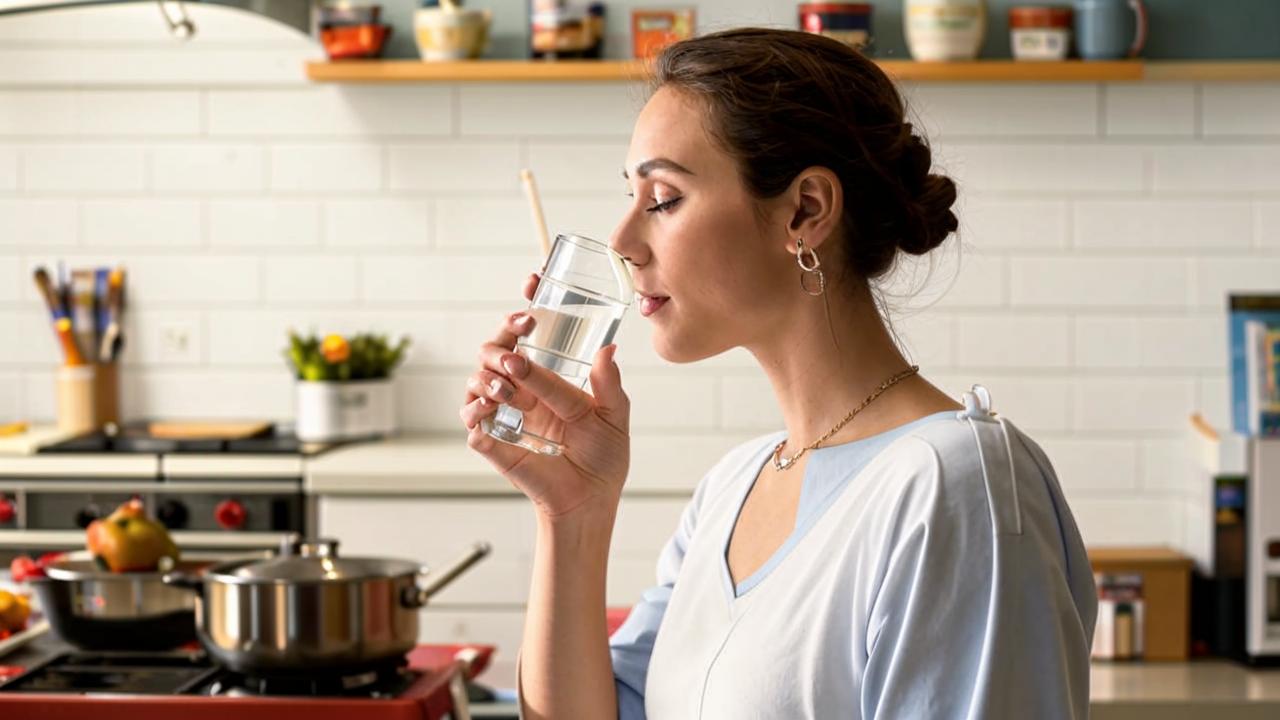
Just one simple habit can extend your life.
As we live our lives, changes are inevitable. Factors such as nutrition, lifestyle and environment can influence the aging of the body.
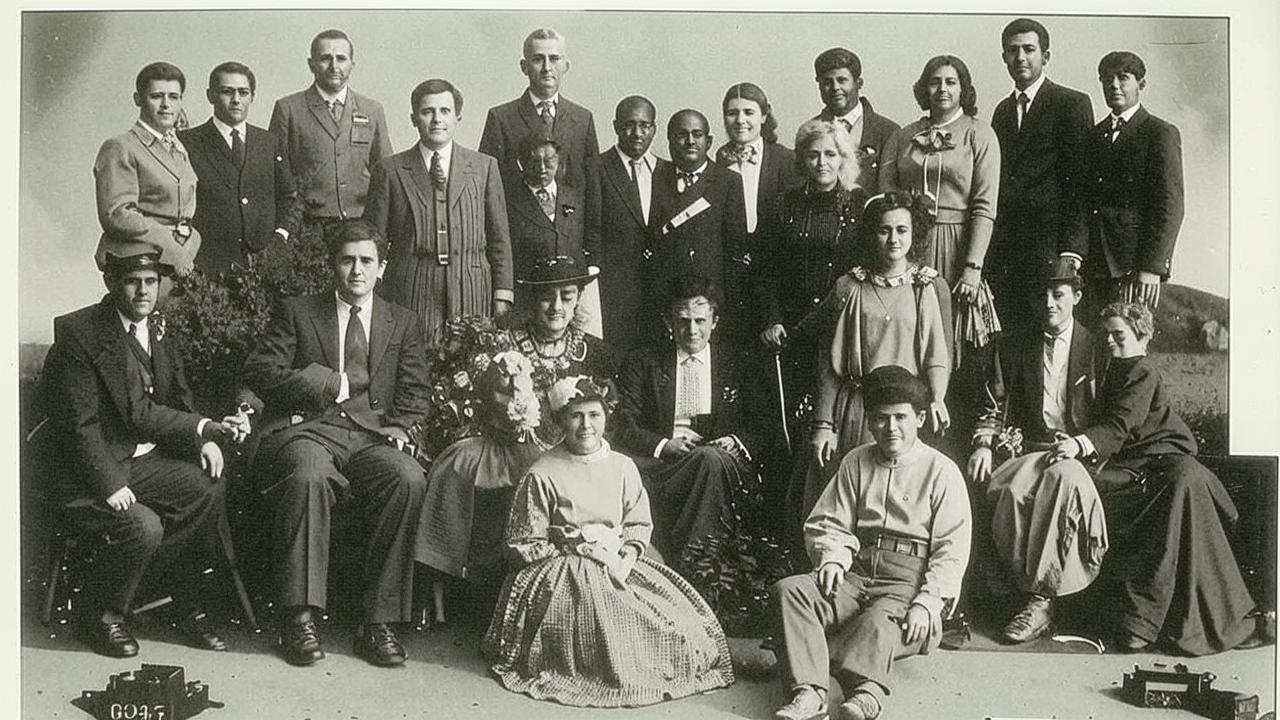
Endocrinologist, mentor of the Health Buddy health restoration and preservation project.
“I will discuss the role water plays in the aging process and what effects can be caused by a disruption in the body’s water balance.”
-
Redox potential and water’s role in it
-
How to maintain ORP and how much water to drink
Redox potential and the role of water in it
Water is the source of life as it helps in biochemical reactions and supports various metabolic processes in the body. One of its vital functions is its participation in redox reactions (giving and taking electrons).
Redox potential (ORP) is the ability of the body’s cells and tissues to eliminate free radicals and other oxidizing agents that can cause damage to DNA, proteins, and lipids (complex molecules needed by cells).
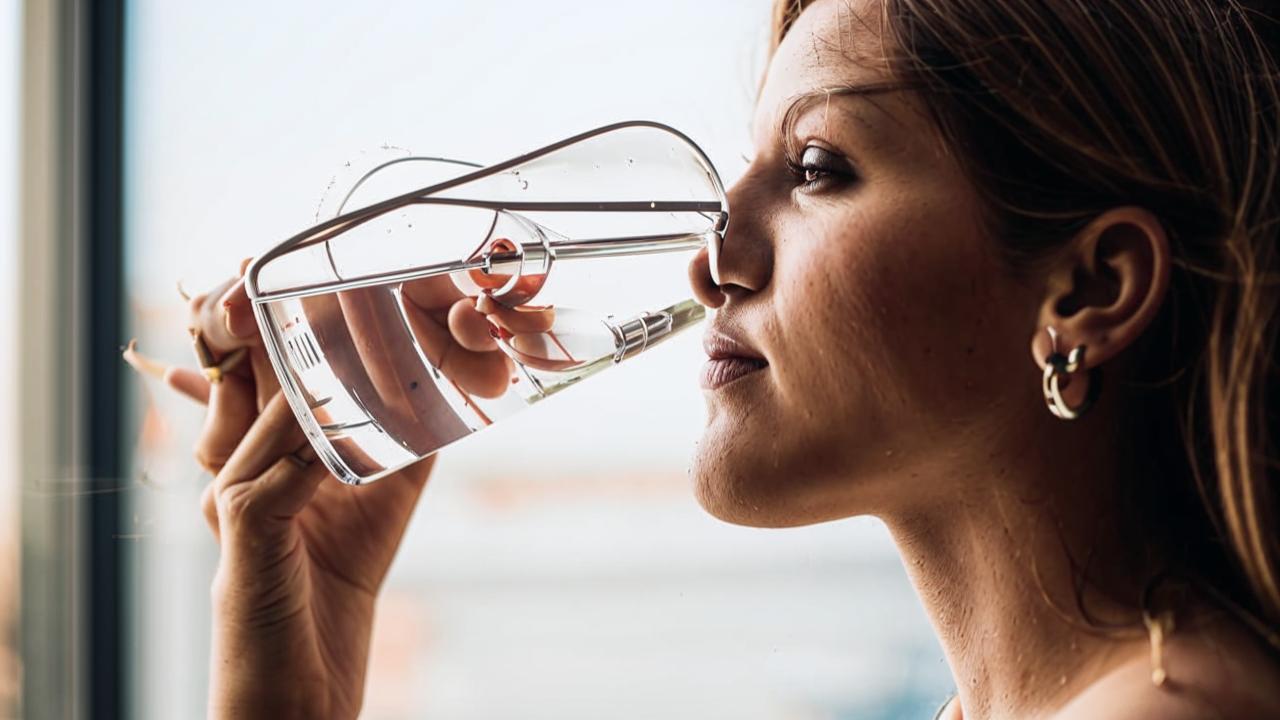
Water plays a critical role in maintaining ORP because it can give electrons to harmful free radicals and exhibits antioxidant activity, preventing cell damage and therefore slowing aging.
Lack of water in the body can lead to a decrease in ORP and increase the risk of premature aging and the development of chronic diseases such as heart disease, diabetes and obesity, which are closely linked to the aging process.
Dehydration becomes the cause of insufficient oxygen and nutrient supply to cells, which increases oxidative damage. In addition, the lack of water can slow down the processes of excretion of metabolic products of the body.
How to maintain ORP and how much water to drink
According to studies, about half of people around the world do not comply with the recommendations for daily water consumption. However, there is proven evidence that maintaining adequate water levels in the body can slow down the aging process and prevent or delay chronic diseases.
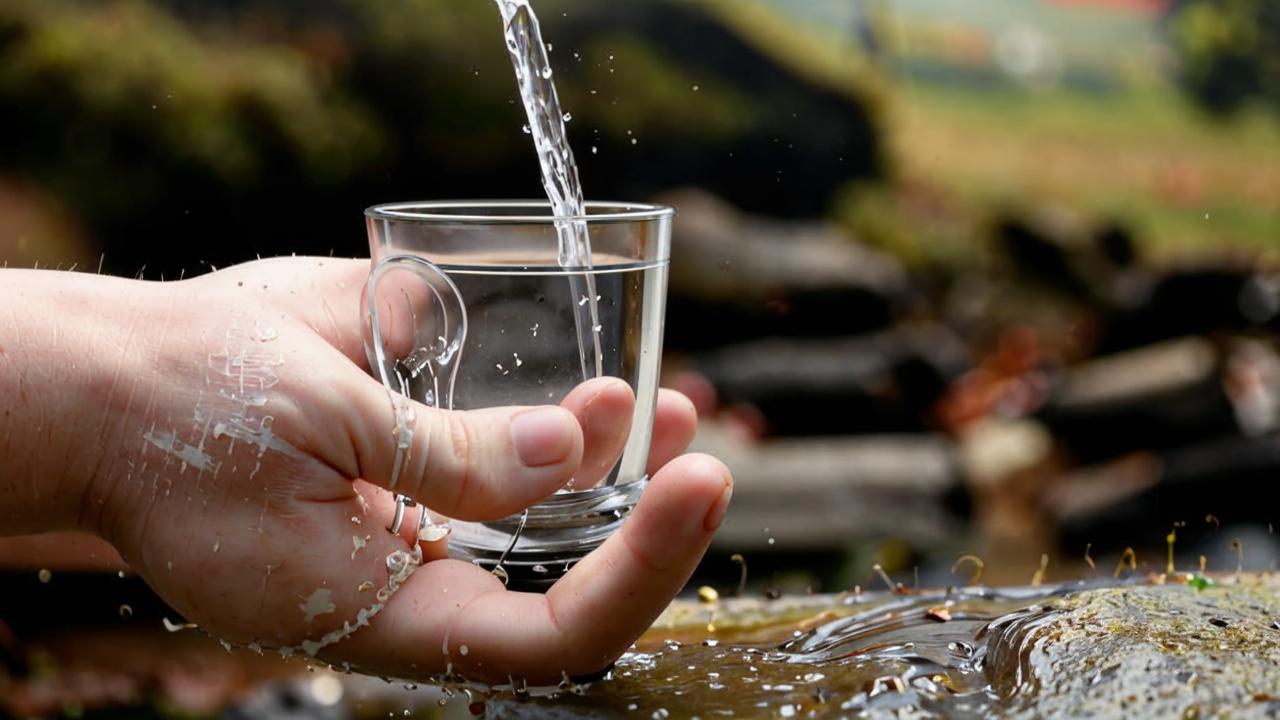
Therefore, in order to maintain youthfulness and well-being, it is important to observe the norm of water consumption: 30 ml per one kg of weight.
Especially useful is “living” water – not tap water or ordinary bottled water from supermarkets, where ORP is often from +200 to +300 mV, but from underground springs or melt water. Also, water from Lake Baikal has negative ORP and reducing properties.
Maintaining an optimal level of hydration (the interaction of water with chemicals) is a key aspect of health care and an overall strategy for prolonging youth and maintaining the body’s well-being.

